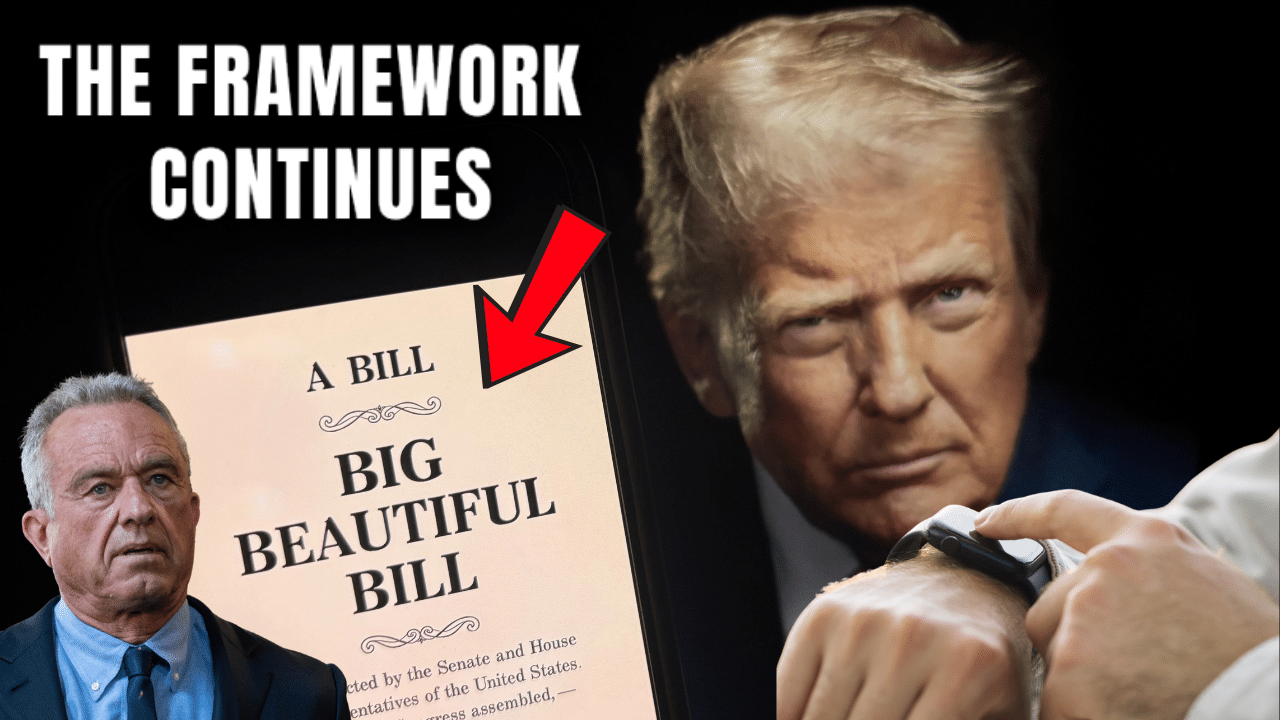In a significant development in U.S.-Saudi relations, multiple sources report that President Donald Trump is preparing to offer Saudi Arabia an arms package valued at over $100 billion.
This proposal, set to be announced during Trump’s visit to the kingdom in May 2025, underscores the strategic partnership between the two nations amid regional tensions and economic considerations.
According to Reuters, the arms deal is being finalized as part of a broader effort to strengthen U.S.-Saudi military cooperation.
The package is expected to include advanced weaponry, defense systems, and possibly aircraft, aimed at bolstering Saudi Arabia’s defense capabilities in a volatile Middle East.
The proposal comes as Saudi Arabia seeks to modernize its military to counter regional threats, particularly from Iran, and maintain its influence in the Gulf.
The Strait Times, citing sources, noted that the deal could exceed $100 billion, making it one of the largest arms packages offered to Saudi Arabia in recent years.
This aligns with Trump’s foreign policy approach of leveraging arms sales to strengthen alliances while boosting U.S. defense industries.
The package is also seen as a signal of continued U.S. support for Saudi Arabia, despite past criticisms of the kingdom’s human rights record and its role in the Yemen conflict.
Posts on X and news outlets like The Edge Malaysia highlight the deal’s geopolitical significance.
The arms package is perceived as a strategic move to solidify U.S.-Saudi ties, especially as Trump navigates complex relationships with other Middle Eastern powers.
One X post suggested the deal could be linked to Saudi Arabia’s OPEC decisions, hinting at a broader diplomatic strategy.
Economically, the deal is expected to benefit U.S. defense contractors, creating jobs and reinforcing the domestic defense industry. Reuters emphasized that the proposal aligns with Trump’s focus on economic gains through foreign arms sales.
However, critics argue that such a massive arms transfer could escalate regional tensions and fuel ongoing conflicts, particularly in Yemen, where Saudi-led operations have drawn international scrutiny.
The announcement has sparked varied reactions. Saudi Arabia, a key U.S. ally, views the deal as a reaffirmation of American commitment to its security.
Meanwhile, some U.S. lawmakers and human rights groups are likely to raise concerns, recalling past debates over Saudi arms sales during Trump’s first term.
No specific objections have been detailed in the cited reports, but historical precedent suggests potential pushback in Congress over the scale of the deal and its implications.
Regionally, Iran and its allies may perceive the arms package as a provocative move, potentially heightening tensions in the Gulf. The deal’s timing, ahead of Trump’s visit, indicates a calculated effort to project strength and unity with Saudi Arabia.










